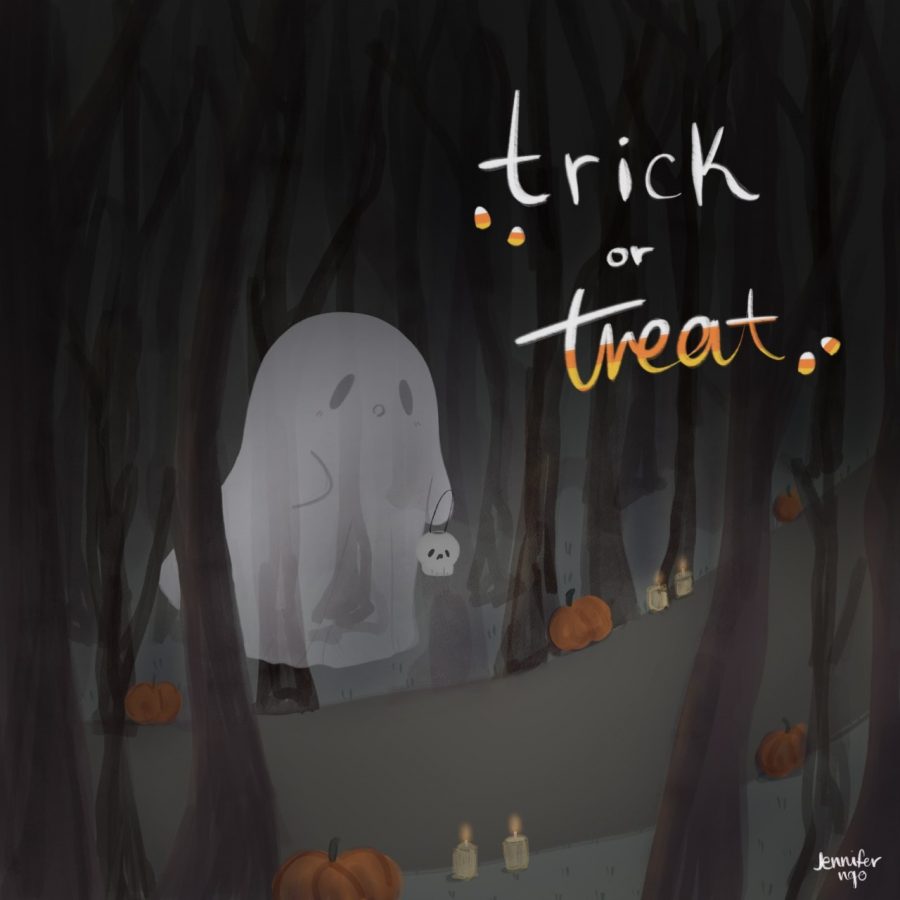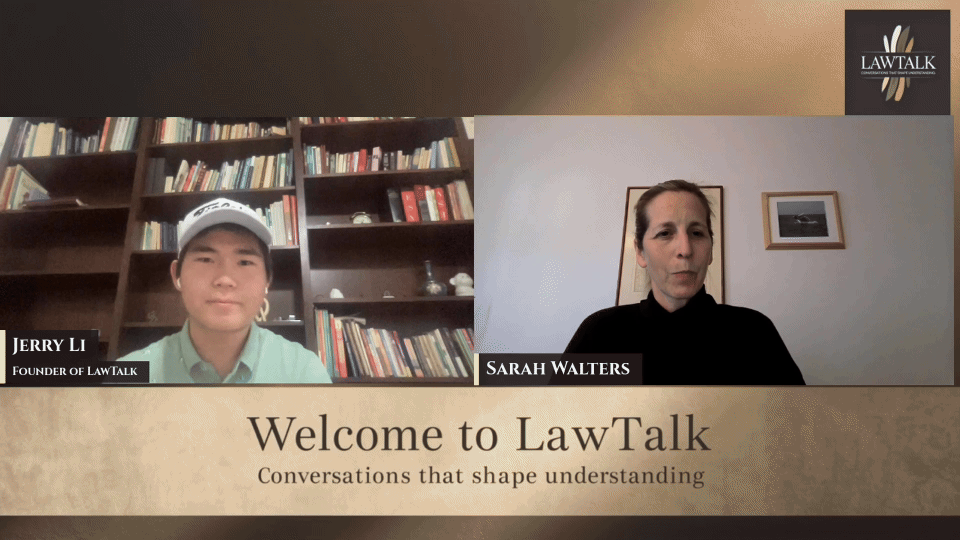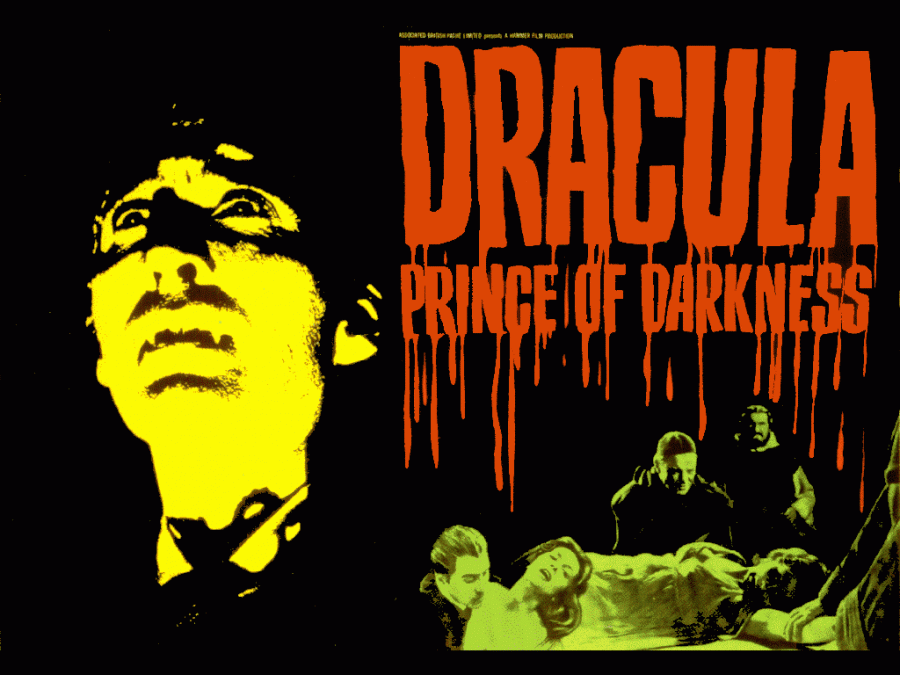In Kenley Smith’s English IV class, seniors recently finished reading Bram Stoker’s 1897 Dracula. It’s perhaps the darkest horror story I’ve ever read, and I really enjoyed the suspense and thrill.
The story revolves around an English lawyer, Jonathan Harker, who goes to Transylvania to make a real estate deal with Count Dracula, who has bought property in England. When Harker arrives at Dracula’s castle, he finds something off about the titular character. Harker becomes trapped in Dracula’s castle for a large portion of the novel.
I asked Smith what students often think of Dracula. “Students get a better understanding of cultural literacy, where most people are familiar with vampires as part of a cultural foundation but haven’t read the original story,” she told me. “It helps to give a broader understanding of that. It’s a good way to discuss how societies’ concepts about good and evil change over time. What is good and evil in 1850 is not necessarily what’s good and evil in 2000.”
The book has sparked many debates in class about whether Dracula is a monster who has no control over his condition—or whether he represents pure, calculated evil. “The reason why Dracula has maintained its status as a cultural icon is because of the monster itself,” says Sean Hussey ’16. “The book is what introduced the monster, but the monster is what is actually memorable.”
Though somewhat dry in parts, many of my classmates found Dracula worth a close read. “Chapters 1-4 were very exciting,” says Nathaniel Friedman ’16. “Then, the book stops writing the protagonist’s point of view and focuses on other characters, and that’s when I lost a lot of interest. But it’s an original monster story, so if you like ghost stories then Dracula is right up your alley.”
Others disagreed. “They’ll be four really good chapters, and then the next ten are really slow and boring and are about mundane things that don’t matter to the plot of the story,” says Kate Eastwood ’16. “It’s also sexist because the female characters are weaker than the male characters. The book could also be a hundred pages long, and it’s way more than that.”
Collectively, the seniors regarded Dracula as a weak story with a strong protagonist, some thrilling chapters and other dull moments. Next up in Smith’s class, I’m eager to read William Shakespeare’s The Tempest.
























































